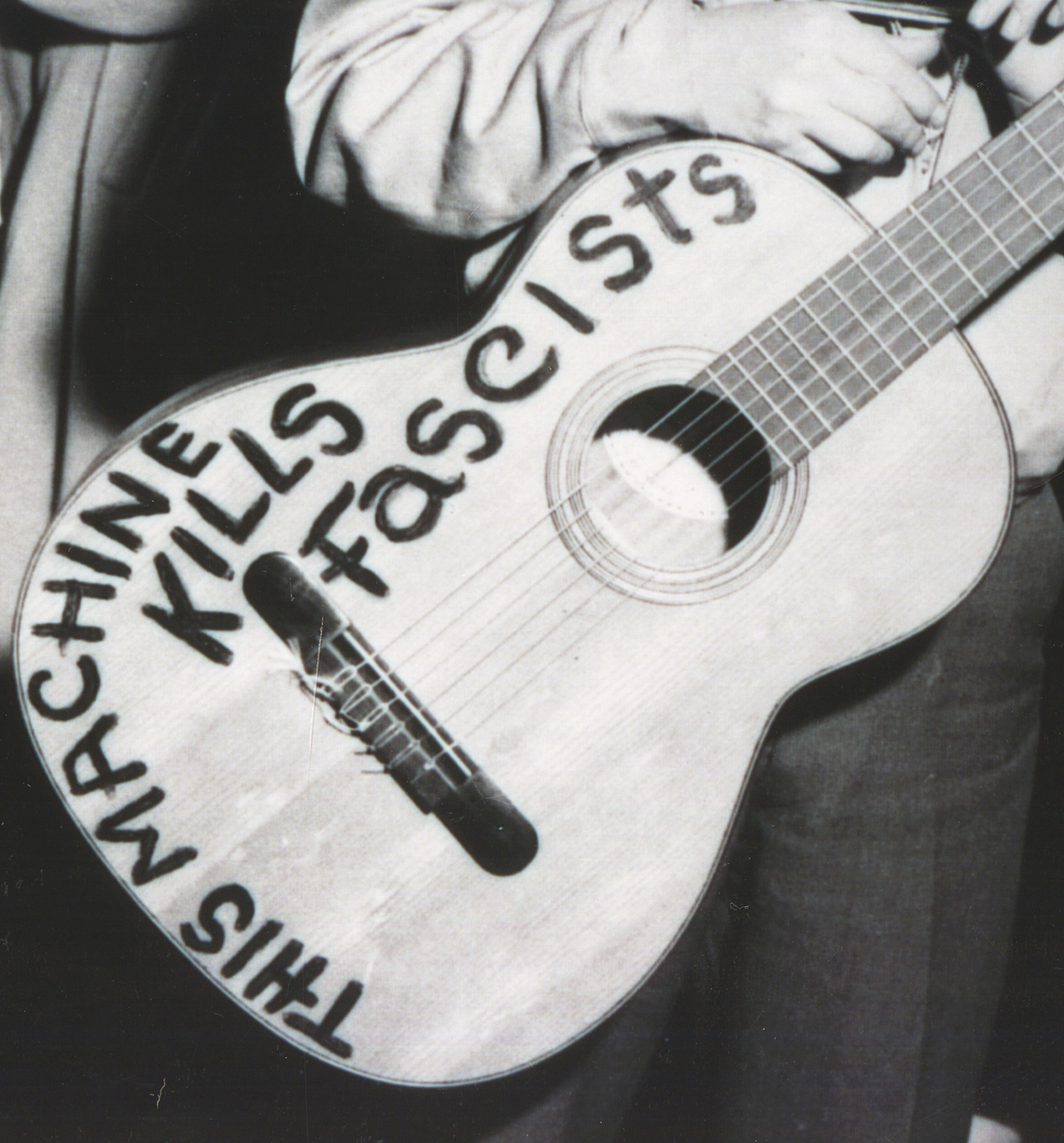You should be more like me, good guy NATO supporter, and support drawing out the war for as long as possible so as many innocent Ukrainians and Russians die as possible for the sake of Nazis, war profiteers, corrupt oligarchs and a line in the dirt.
Arming the far-right to defeat an opponent has always ended well. ![]()


I find The Defeat of One’s Own Government in the Imperialist War to be pretty good too.
spoiler